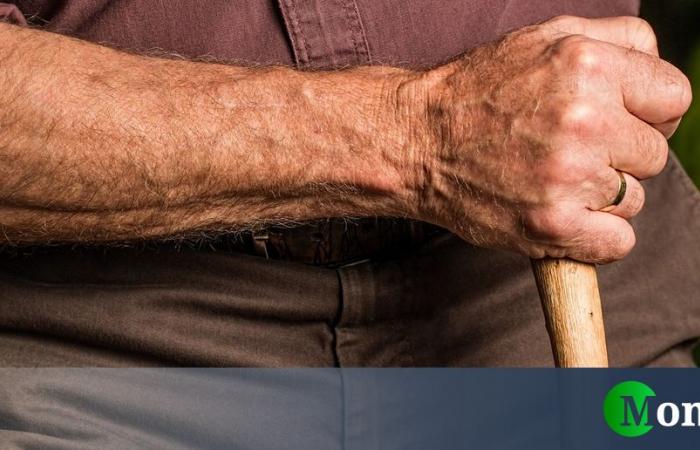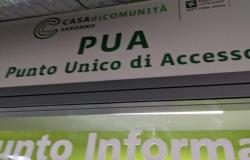The European Commission recently announced the reintroduction of duties on imports of eggs and oats fromUkraine, a decision that will have important repercussions on the country’s economy already devastated by the war. At the beginning of the Russian invasion, these duties had been abolished to support the Ukrainian economy.
The new tariff regime, in force since 6 June, has the elimination of duties has been extended for another year for some products, while introducing safeguard mechanisms to protect specific sectors within the European Union. Member states then signed an agreement to extend free trade with Ukraine until June 2025, but the outcome is a “harder” position than the initial solidarity.
In fact, it was decided to extend the special regime for a greater number of protections on products deemed “sensitive” such as: poultry, eggs, sugar, oats, corn, semolina and honey, which will be subject to rates if their flows exceed the average volumes of the last three years.
The European Union continues to show some support by extending zero tariffs for other products. However, it remains to be seen how these measures will affect the Ukrainian economy and the economies of EU member states in the long term.
Products under duty and the thresholds beyond which they are activated
The new duties will be applied to specific products once certain import thresholds have been exceeded, calculated on the basis of the average imports in the period between 1 July 2021 and 31 December 2023. These thresholds were requested and obtained by the governments of Poland e Francewhose farmers had complained about competition from Ukrainian products.
Among the products that will be subject to duties once the established thresholds are exceeded we find:
- egg
- avena
- sugar
- poultry
- more
- hulled cereals
- miele
Second Luc Vernet of the think tank “FarmEurope”, a part of the sugar Ukrainian arriving in the EU could have the status of domestic processing (imported for re-export) thus influencing the Commission’s assessment. The CIUS association, which represents European sugar users in the food and drink sector, has expressed concerns that imported sugar volumes may not be sufficient to meet EU market demand in the coming years.
Not all products subject to duties: Europe is still “generous”
Despite the introduction of duties for some products, the new regime has tariff elimination extended for others, in order to continue supporting the Ukrainian economy in a time of crisis.
This duality of treatment is intended to restore balance: to support the Ukrainian economy and protect the interests of European producers.
Indeed, the strengthened measures come in the context of farmers’ protests taking place across Europe, some of whom have accused their Ukrainian counterparts of unfair competition. Although opposition to cheap Ukrainian imports initially came from neighboring Eastern European countries such as Poland, Hungary and Slovakia, it gradually spread to France.
Italy and Austria have also shifted their position towards the Polish camp, further complicating the calculation. Across the room, Germany, the Netherlands and the Baltic states, among others, opposed the tightening. The responsibility for breaking the deadlock fell on the Belgiumthe current rotating President of the Council. On Wednesday morning, Belgium presented a new compromise text, which paved the way for approval later in the day.






